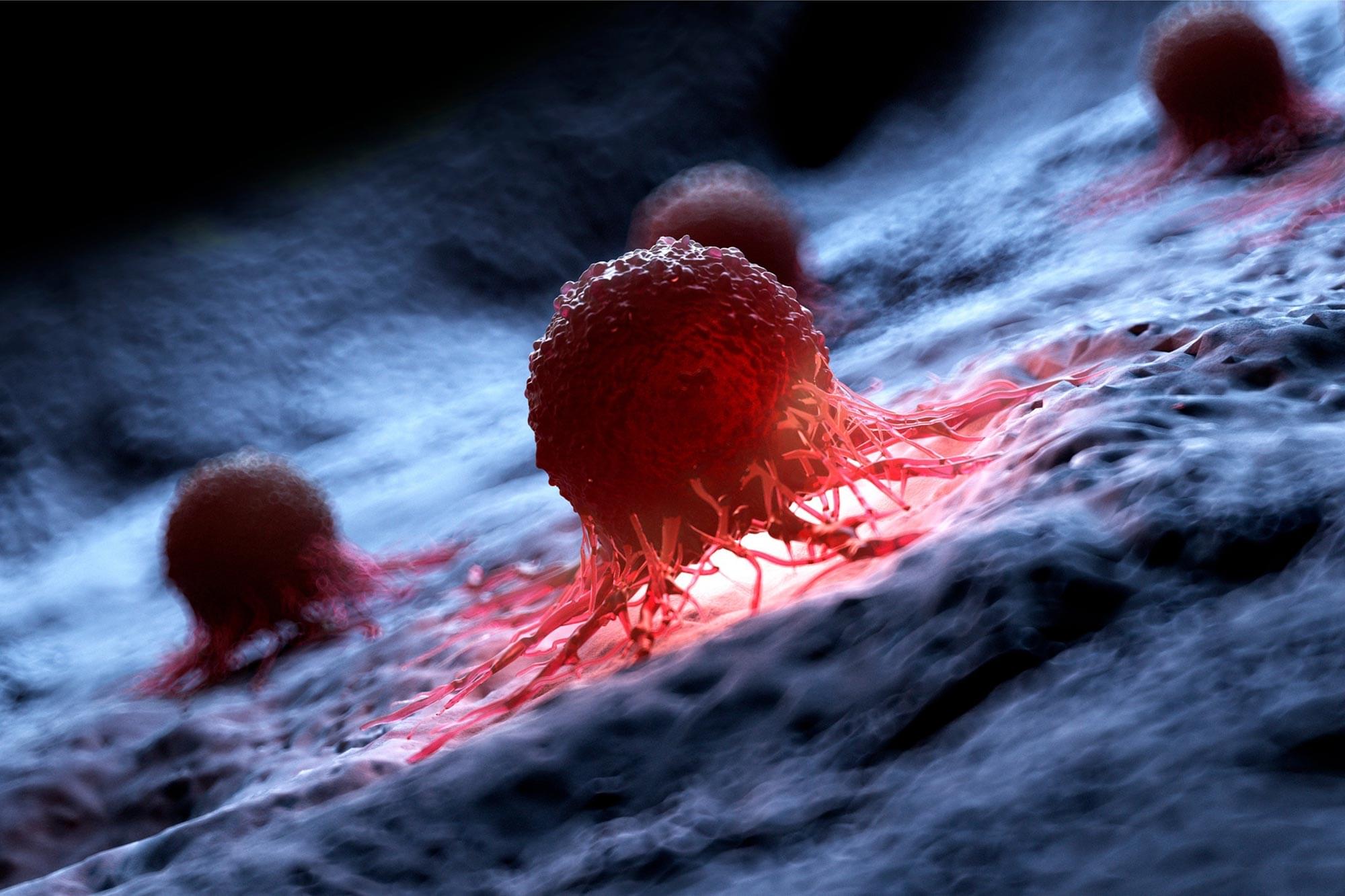A free-floating planet has been seen devouring astonishing amounts of matter, hinting that stars and planets are more alike than we thought



Can a child’s imagination alter the laws of physics? In this speculative science essay, we explore SCP-239, “The Witch Child” — a sleeping eight-year-old whose mind can reshape matter, rewrite probability, and collapse reality itself.
We examine how the SCP Foundation’s containment procedures—from telekill alloys to induced comas—reflect humanity’s struggle to contain a consciousness powerful enough to bend the universe. Through philosophy, ethics, and quantum speculation, this essay asks:
What happens when belief becomes a force of nature?
🎓 About the Series.
This video is part of our Speculative Science series, where we analyze anomalous phenomena through physics, cognitive science, and ethics.
📅 New speculative science videos every weekday at 6 PM PST / 9 PM EST.
🔔 Subscribe and turn on notifications to stay at the edge of what’s possible.
💬 Share your theories in the comments below:
Should SCP-239 remain asleep forever, or does humanity have a moral duty to understand her?
#SCP239 #SpeculativeScience #TheWitchChild #SCPFoundation #ScienceFiction #Philosophy #AIExplained #Ethics #SciFiEssay #LoreExplained



Elon Musk’s AI firm xAI is planning a massive fundraising effort. The company aims to secure around $20 billion. This includes a significant equity investment from chip giant Nvidia. The deal structure involves Nvidia processors being rented out for five years. This innovative approach could set a new trend for tech financing.

Virtual cells could make it faster and easier to discover new drugs. They could also give insight into how cancer cells evade the immune system, or how an individual patient might respond to a given therapy. They might even help basic scientists come up with hypotheses about how cells work that can steer them toward what experiments to do with real cells. “The overall goal here,” Quake says, “is to try to turn cell biology from a field that’s 90% experimental and 10% computational to the other way around.”
Some scientists question how useful predictions made by AI will be, if the AI can’t provide an explanation for them. “The AI models, normally, are a black box,” says Erick Armingol, a systems biologist and post-doctoral researcher at the Wellcome Sanger Institute in the U.K. In other words, they give you an answer, but they can’t tell you why they gave you that answer.

